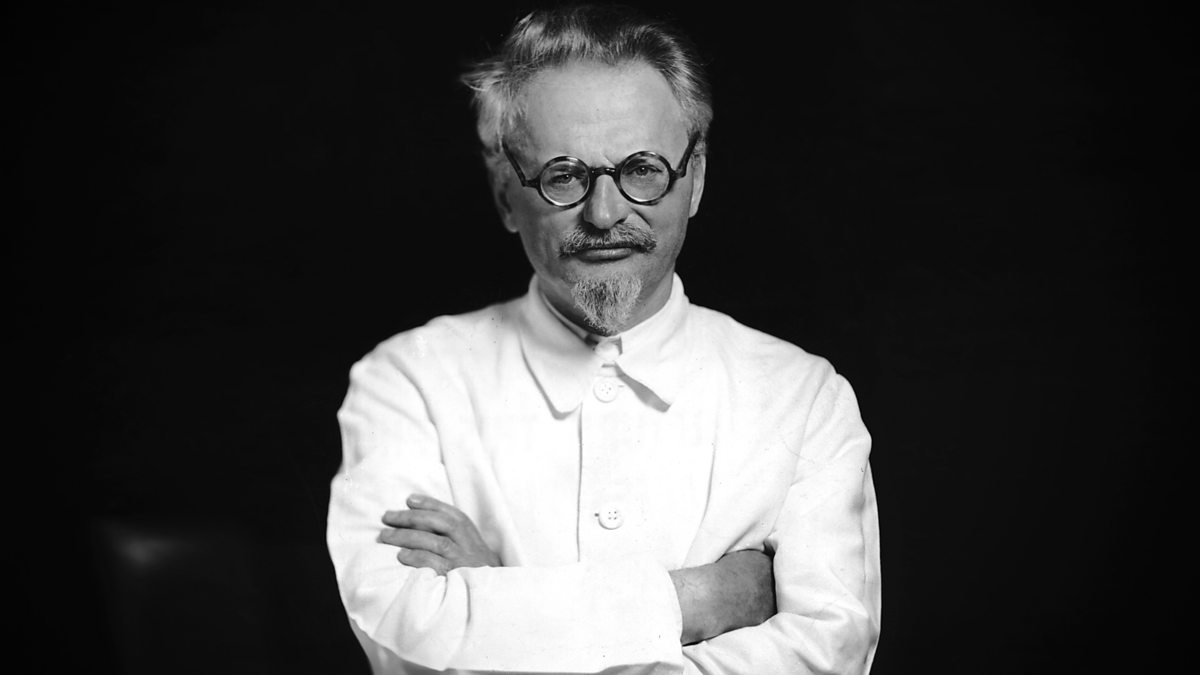He advocated permanent revolution: who is Leon Trotsky?
He is one of the leading figures of the Russian Revolution of 1917. He played a primary role in the establishment of the Soviet Union and in suppressing the internal uprisings and uprisings after the revolution. He is considered the founder of the Red Army.

One of the founders of the former Union of Soviet Socialist Republics. He lived between 1879-1940. He is the son of a wealthy Jewish farmer and his real name is Lev Davidovich Bronstein. In 1898, he was arrested and exiled to Siberia for his involvement in revolutionary movements. There, he became a Marxist and joined the Social Democratic Party.
Lev Davidovich Bronstein (7 November 1879 – 21 August 1940), better known as Leon Trotsky was a Russian revolutionary, politician, journalist, and political theorist. He was a central figure in the establishment of Soviet Russia and the Soviet Union. Ideologically a Marxist, Trotsky's writings and thoughts inspired a major school of ideology known as Trotskyism.
In 1902, he fled to Switzerland with a false passport and the name Trotsky. In 1903, during the disintegration of the Social Democratic Party, he joined the Menshevik group, opposing Lenin's central administration and possible dictatorship. He returned to Russia during the 1905 revolution. He later became an influential figure in Petrograd and St Petersburg, now known as Leningrad. Although he was exiled to Siberia, he fled again outside of Russia. It remained Menshevik (minority against Lenin) until 1917. He believed in "permanent revolution". In this way, he accepted that the middle class and the working class would unite. With such ideas, Trotsky prepared for the Bolsheviks the main program of the 1917 revolution.
Returning to Russia from New York when the Tsar was overthrown in March 1917, Trotsky joined the Bolshevik Party and became Lenin's chief deputy. In the newly formed government, he was assigned to foreign affairs and later to war affairs. He worked to make the Red Army an effective, disciplined force. It was effective in all the operations between 1918-1920. He argued that military and economic affairs should be centralized.
Although he was regarded as Lenin's successor, in 1921 Trotsky's star began to fade. In 1922, Lenin fell ill. Other members of the Politburo began to wear him down, and his supporters unsuccessfully began to support him. In 1924 he was accused of "Trotskyism", a corrupt Menshevik deviation from Lenin's doctrines. In 1925, he was dismissed as war commissioner.
He was expelled from the Politburo in 1926 and from the Communist Party in 1927 along with his supporters, although he constantly tried to regain his previous position. He was exiled in 1928.
Expelled from Russia in 1929, Trotsky lived in Turkey until 1933, then moved to France. Encouraging anti-Stalinist sentiments in the Soviet and outside Communist Parties, Trotsky was expelled from France and later Norway under Russian influence.
He settled in Mexico City in 1936. Meanwhile, the Soviet government tried Trotsky's supporters for alleged counter-revolution and sentenced many of them to death.
In 1940, Trotsky was stabbed to death by a Spanish communist agent.
